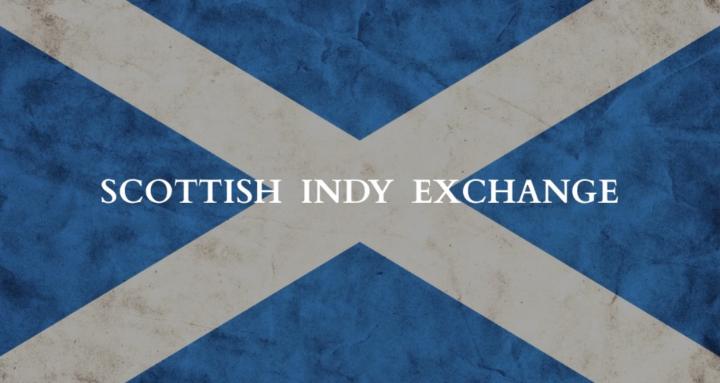Sep '25 • History & Law
Scotland’s Forgotten Uprising
On the 31st of January 1919, George Square in Glasgow became the stage for one of the most shocking betrayals of Scotland’s working people. An event that’s been buried under “British history” for over a century: the Battle of George Square.
Tens of thousands of workers - men who had just returned from war, women who had kept industry alive during it, and the poor who were expected to swallow “business as usual” in the aftermath, gathered to demand something simple: a 40-hour working week.
Not a revolution. Not the overthrow of the state. A fair week’s work to spread the jobs around and stop mass unemployment.
Glasgow answered the call, with some 60,000 to 100,000 people filled George Square. They were loud, they were proud, but they were not armed. This was democracy on the street.
And what was Westminster’s response?
Fear. Pure fear. The establishment was so terrified of Scots finding their voice that they labelled it the start of a Bolshevik uprising. The police waded into the crowd with batons. Violence exploded. And when the workers held their ground, Westminster escalated in a way that should chill every Scot to the bone:
They sent in the army. Tanks. Machine guns. Troops on the streets of Glasgow. Within 24 hours, 12,000 English troops were sent to Glasgow. Six tanks and machine-gun units were stationed at key points.
They deliberately didn’t use Scottish troops (many were war veterans sympathetic to the strikers).
Hundreds were injured, contemporary reports suggest dozens of serious head wounds from police batons. Exact numbers were never properly recorded (which in itself is telling).
This wasn’t Berlin. This wasn’t Petrograd. This was Scotland. Ordinary Scots, fresh from the battlefields of France, now facing down the weapons of their own state for daring to demand fair work and dignity.
No revolution ever came. The strike was broken. The tanks rolled away. But the message lingered: when Scots challenge the British establishment, Westminster does not negotiate. It suppresses.
And here’s the bitter truth: this was not some isolated moment of panic. It fits a pattern we’ve seen again and again. When Scots push too far, Westminster shifts the goalposts, buries the reports, breaks the vows, or if all else fails - brings in the iron fist.
1919 was not just about working hours. It was about power. Who holds it. Who fears losing it. And who they are willing to turn on to keep it.
So the next time someone waves a Union Jack and tells you we’re “better together,” remember George Square. Remember the tanks on the streets of Glasgow. Remember that Westminster would rather send soldiers against Scots than treat Scotland as an equal partner.
That’s not partnership. That’s occupation in a friendly disguise.
And the only way it ends is when Scotland decides it ends.
2
3 comments
powered by

skool.com/scottish-indy-exchange-2628
Debate it. Learn it. Shape it.
The Indy Exchange is Scotland’s space to dig into the who, what, when, where and why of independence.
Suggested communities
Powered by
